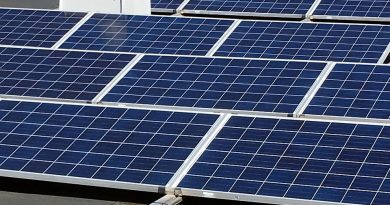Blog – The road to Reykjavik and a look ahead at Arctic governance in 2021
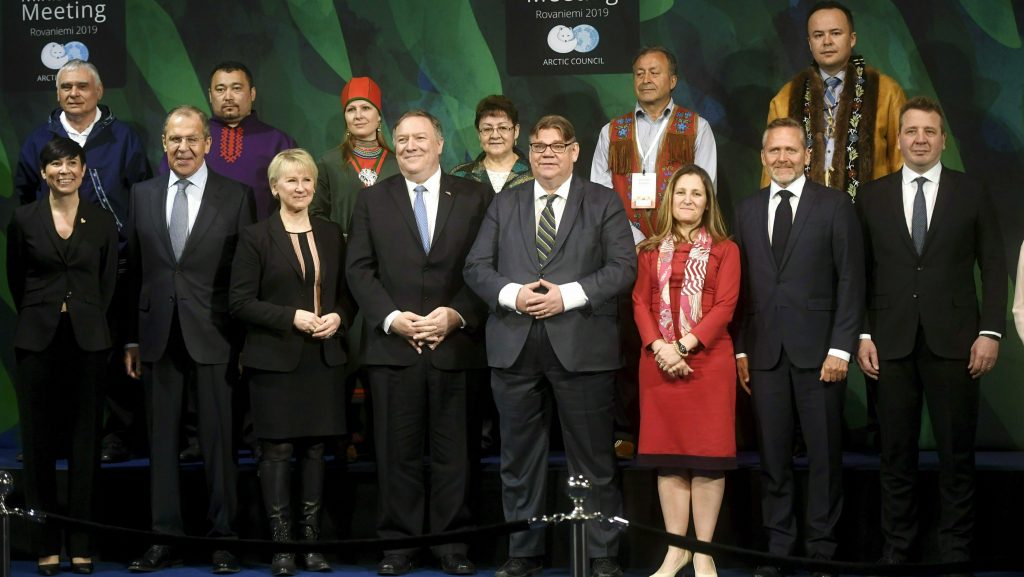
The last quarter of 2020 has witnessed a flurry of activity in the area of Arctic governance and cooperation, including the recent publication of revised regional white papers by both Norway [in Norwegian] and Sweden, (with an updated Arctic policy from Denmark soon to follow). As well, it was announced this week that the Arctic Economic Council (AEC), based in Tromsø, would be appointing Mads Qvist Frederiksen, formerly of the Confederation of Danish Industry, as its new director.
The Norwegian White Paper on the Arctic, the first of its type in nine years, was anticipated in many quarters, given the questions of recent political divides between the central government and the Norwegian north, such as the controversial merger of Troms og Finnmark, created from the two most northern counties in the country, as well as some dissent [in Norwegian] over plans to permit the docking of US nuclear submarines in the northern Norwegian port of Tønsnes, near Tromsø, which were criticised [in Norwegian] by Tromsø’s municipal government in October this year. There were also questions about the effects of new security concerns in Norway’s updated Arctic strategy, given the country’s attempts to walk a delicate line between its commitments to NATO and its interests in maintaining links with next-door Russia.
As expected, there was a considerable emphasis within the white paper of human development policies including innovation and businesses on the Norwegian Arctic. As one recent commentary on the paper argued, the Norwegian north is facing population decline, questions over the protection, promotion and development of Sámi self-government and culture, and a growth in popularity in northern areas of the Centre Party (Senterpartiet), which has agrarian roots but has also developed a platform of promoting greater government decentralisation, reflecting the omnipresent north/south divide in much of current Norwegian politics.
Sweden’s Arctic White Paper was also developed as an update of its previous far northern strategies, building on Stockholm’s 2011 regional policy document. The revised policies were based on the interests of the Swedish government to promote the issues of ‘människorna, freden och klimatet’ (‘people, peace and climate’) in the Arctic, including in cooperation with other regional actors and the European Union, as well as under the aegis of international law.
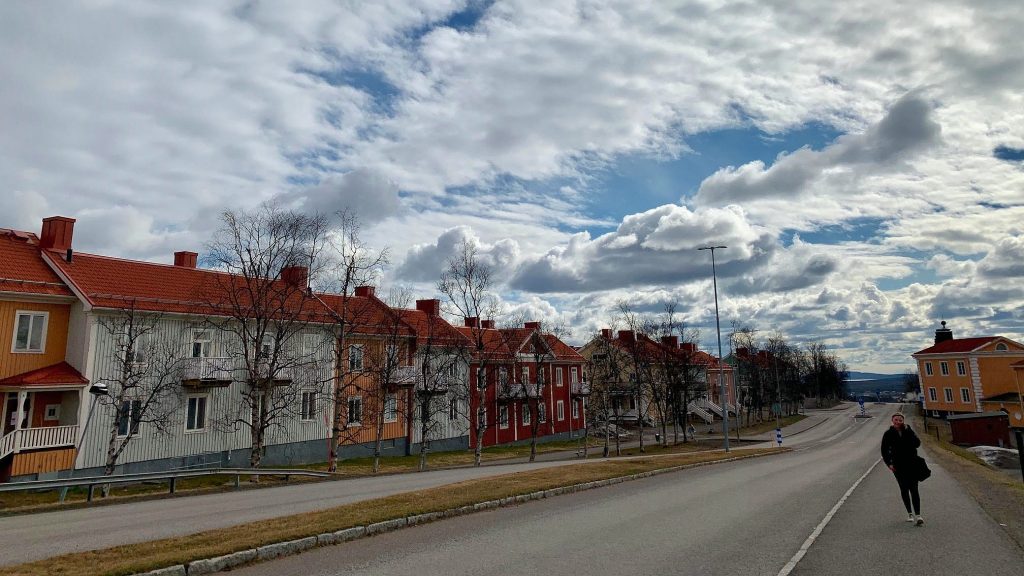
As with the Norwegian white paper, there was also a section on Sweden’s concerns about the changing shape of regional security, including concerns about a far northern arms race, an uptick in Russian regional military activity and the growing presence of non-Arctic actors, notably China, in the region. On 16 November, the Arctic Circle organisation hosted a virtual seminar with Swedish Foreign Minister Anne Linde, who presented the paper and took questions regarding the directions of her government’s polar interests.
New policies have also been put forward in the past few weeks by the Russian Federation, as that country prepares to assume the Chair of the Arctic Council early next year. Via its ‘Strategy for Developing the Russian Arctic Zone and Ensuring National Security through 2035’ (О Стратегии развития Арктической зоны Российской Федерации и обеспечения национальной безопасности на период до 2035 года) strategy [in Russian], Moscow has sought to redesign its Arctic strategies for the next fifteen years, with an emphasis on energy and resource extractions, the development of the Northern Sea Route, and improving living standards of the country’s Arctic peoples.
The Russian government has also provided additional information regarding policies which it will pursue as Council Chair during 2021-3, including climate change and sustainable development issues, as well as pursuing a more ‘comprehensive inclusive approach’ to regional governance. It was also confirmed last month that Yury Trutnev, Deputy Prime Minister and Presidential Plenipotentiary Envoy to the Far Eastern Federal District, would be taking point on the crafting of Moscow’s blueprints for Council policies.
2021 ministerial in the spotlight
As for the next Arctic Council Ministerial, Einar Gunnarsson, Ambassador of Arctic Affairs for Iceland, has expressed hopes that the global health situation will have improved to the point where the next Council Ministerial meeting can be held in Reykjavík in May next year. The official plans for the ministerial are now due to be announced in January, and it was noted that on the meeting’s agenda were talks on sustainable development areas and youth issues. The concept of a sustainable Arctic has also been a pillar of Iceland’s Chair since 2019, along with protection of the north polar marine environment, community building, and green energy alternatives.
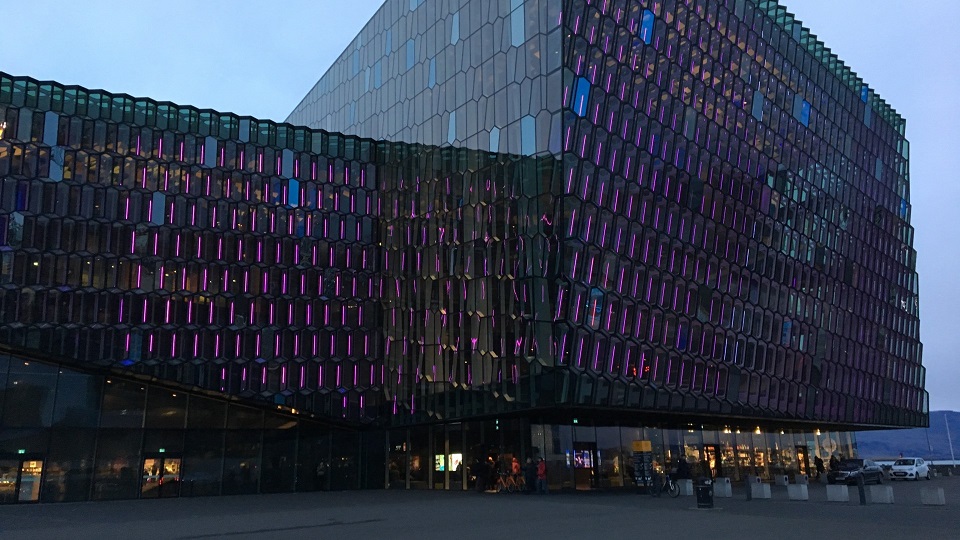
In addition to Russia, the United States will also be a focus of attention at the Iceland meeting. There will likely be a quiet sigh of relief amidst the Council assembly, given that a repeat of the pugnacious statements made by now-outgoing US Secretary of State Mike Pompeo at the previous Council Ministerial in Rovaniemi in May 2019, which included a strong rebuke of other members and observers, and a rejection of climate change as something which actually exists, will not occur. As well, the Joe Biden administration has promised to re-enter the Paris climate accords and to rebuild American multilateral relations, including with Arctic governments.
The appointment of former US Secretary of State John Kerry, the recipient [video] of the Arctic Circle Prize in 2019, and the force behind the ‘World War Zero’ environmental campaign, as climate tsar further underscored that Washington would begin the process of moving away from the corrosive Arctic policies of the Trump government.
The question of observers
One common question which appears during the biennial Council Ministerial gatherings revolves around potential new observers in the organisation. In 2019, only one entity, the International Maritime Organisation (IMO) was granted formal observer status, and the last government to attain that standing was Switzerland in 2017, at the Council Ministerial meeting in Fairbanks. In the past month, the governments of Estonia and Ireland have confirmed that they are seeking to be added as observers next year. In addition to being ‘Arctic adjacent’ states, the two European countries are also seeking to bring their specific areas of polar expertise to the Council and to its Working Groups.
Estonian Foreign Minister Urmas Reinsalu confirmed his government’s intention to apply for Council observer status in November 2019, noting that Estonia is the ‘northernmost non-Arctic country’. The application was then submitted in November this year, with a briefing paper [pdf] published in tandem by Tallinn. The document outlined Estonia’s longstanding ties to the Arctic, including culturally and linguistically, and its interests in contributing to the understanding of local climate change and adding to various areas of scientific research, including in the physical sciences and in areas of regional social anthropology.
Much interest was also expressed in expanding Estonia’s considerable expertise in information technology and digital governance to develop an ‘e-Arctic’ platform, such as in the area of remote healthcare provision to far northern communities.
On 30 November, Estonia’s Arctic credentials were further promoted in a hybrid virtual event, featuring a keynote speech by President Kersti Kaljulaid, who detailed the historical contributions of Estonians in furthering knowledge of the region, as well as the present day issues how Arctic climate change is affecting Estonia and how the country is seeking to increase local knowledge across many sectors. Other speakers at the virtual event, including Foreign Minister Reinsalu and specialists in Estonian international affairs, technology, ethnology and architecture, participated in the discussion about the application and Estonia’s current and future Arctic roles. [Author’s note: I was also a speaker at this webinar, discussing the current history and development of the Arctic Council- M.L.]
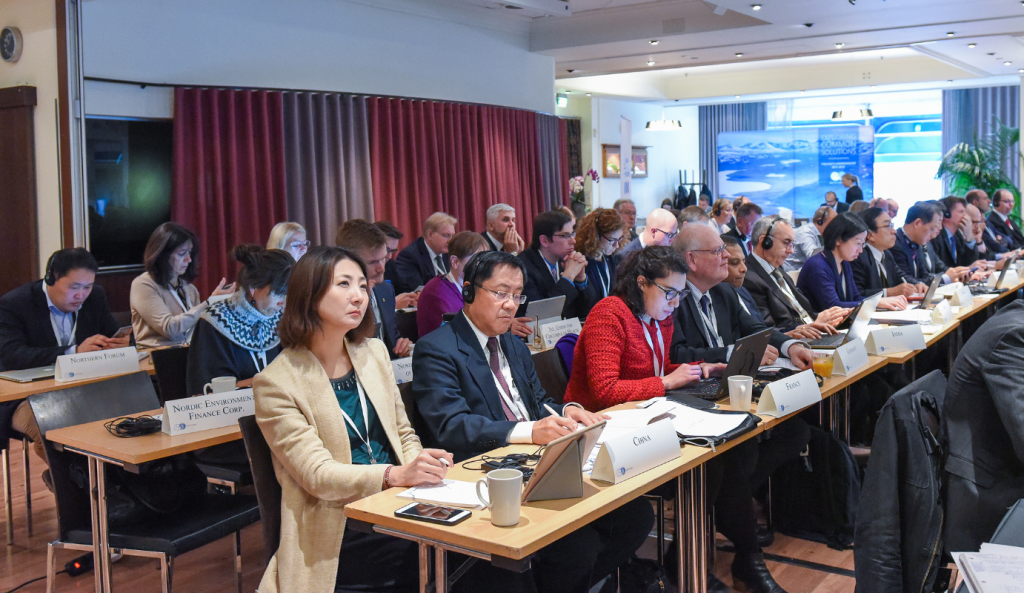
The Government of Ireland had also been contemplating making a formal bid for observer status earlier this year, and this month it was confirmed by Minister for Foreign Affairs Simon Coveney that Dublin was embarking upon its own application process. In addition to participating more directly in dialogues surrounding Arctic climate change, fishing interests were cited as a major impetus for Ireland’s decision, especially in light of retreating Arctic sea ice.
Ireland is the current chair of the OSPAR (Oslo-Paris) Commission, which oversees initiatives to protect the marine environment of the North Atlantic Ocean, and also hosts a number of Arctic-specific initiatives, including NARI, the Network of Arctic Researchers in Ireland, founded in February 2020, with the support of the country’s Foreign Affairs Ministry and Maritime Institute (Foras na Mara). Ireland’s Arctic Council observer application was expected to be submitted to the Arctic Council by the end of this year.
On a related note, it was also reported this month that Malcolm Noonan, a junior minister with the Irish Green Party (Comhaontas Glas) was throwing his support behind Ireland acceding to the Antarctic Treaty System (ATS). Ireland’s international visibility has grown considerably in 2020, helped in no small part by its election in June to a non-permanent seat in the United Nations Security Council during 2021-2.
As the Arctic, like much of the world, hopes to put the coronavirus pandemic behind it during 2021, the year is shaping up to be an eventful one in the realm of Arctic politics, and events within the Arctic Council next year are certain to reflect the political shifts in the region which have appeared in the past few months.
[The author would like to thank Elisabeth Bauer, Gunhild Hoogensen Gjørv and Dakota Holmes for their assistance during the preparation of this article.]Related stories from around the North:
Canada: Canada’s environment minister concerned about Alaska seismic project impacts on Indigenous communities and trans-border wildlife, Eye on the Arctic
Finland: The Arctic Railway – Building a future, or destroying a culture?, Eye on the Arctic
Iceland: Arctic Council’s work on track despite pandemic, now gearing up for 2021 ministerial, says ambassador & SAO, Eye on the Arctic
Norway: Norway’s new Arctic Policy outlines dramatic shift in regional security, The Independent Barents Observer
Russia: Northern climate change will cost country €99 billion says Russia’s Minister of the Arctic, Eye on the Arctic
United States: Russian intimidation of Bering Sea fishermen shows gap in Arctic investment, Sullivan says, Alaska Public Media



